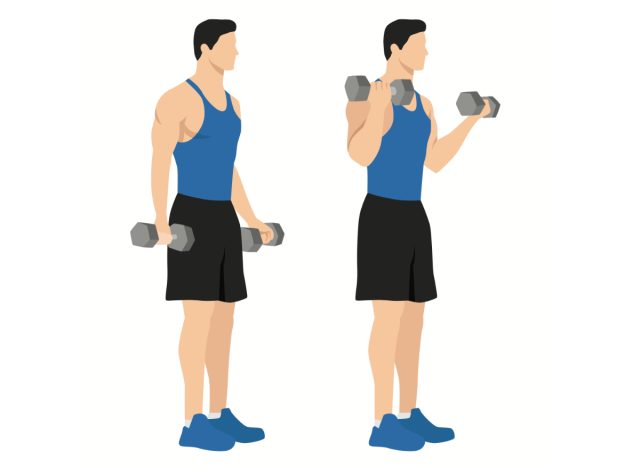
In 2016, the U.S. Preventive Services Task Force (USPSTF) recommended that adults aged 50 to 59 years who were at risk for cardiovascular disease (CVD) should take daily low-dose (75 to 100 milligrams) aspirin for heart attacks. But a lot can change in six years. On Tuesday, the USPSTF—an independent panel of national experts in disease prevention—issued a major update to the recommendation, saying that they no longer advise people to follow this preventive measure. “The USPSTF concludes with moderate certainty that aspirin use for the primary prevention of CVD events in adults aged 40 to 59 years who have a 10% or greater 10-year CVD risk has a small net benefit,” a USPSTF statement reads. As for people aged 60 years or older, there was “no net benefit.”
This update is the final version of the draft guidelines that the USPSTF released in October, when they first recommended that most people over 40 not take daily aspirin for heart attack prevention. This version contains minor updates to the original draft version, according to a USPSTF press release.
The final recommendations grant a “C” letter grade to the recommendation that those aged 40-59 with a 10% risk of developing CVD use preventive daily aspirin, and a “D” letter grade to adults aged 60 or older. The update found that the benefits of daily aspirin use were greater for people who faced a 15-20% risk of CVD, but that decisions should be made “between clinicians and patients” and that “potential benefits and harms” needed to be explored on an individual basis.
The USPSTF’s new recommendation came after the panel analyzed data from 14 randomized controlled trials, which showed that sustained use of the drug could “lead to a variety of outcomes,” some of which include major bleeding. As a result, the USPSTF noted that only those who are “not at increased risk for bleeding and are willing to take low-dose aspirin daily are more likely to benefit,” a USPSTF statement reads. The update notes that if you face a higher risk of heart attack, it’s more likely that “the benefits of daily aspirin therapy are greater than the bleeding risks.” However, for people who face a low risk of heart attack, the benefits of taking a daily aspirin “don’t outweigh the risks of bleeding,” the recommendations state.
READ RELATED: Ice creams made by Oreo and Biscoff can have as much salt as McDonald's fries
According to the USPSTF, the risk of internal bleeding or hemorrhaging increases with age. As such, these risks should be factored into whether an individual should continue taking aspirin as a preventive measure, and they should discuss it with their doctor.
Moreover, the USPSTF notes that the new update may not apply to those who already have heart disease or have had a stroke, the recommendations to take preventive aspirin may not apply. “We want to emphasize that these recommendations are focused on starting aspirin to prevent a first heart attack or stroke. Anyone who already takes aspirin and has questions about it should speak with their healthcare professional,” said Task Force member John Wong, M.D.
CVD is the leading cause of death in the U.S., accounting for more than a quarter of deaths. The most common kind of heart disease is coronary artery disease, which can result in a heart attack, according to the Centers for Disease Control and Prevention (CDC). In some circumstances, aspirin has been found to help prevent heart attacks because it can reduce the clotting of vessels that transport blood to the heart.
Related:
Source: SELF








